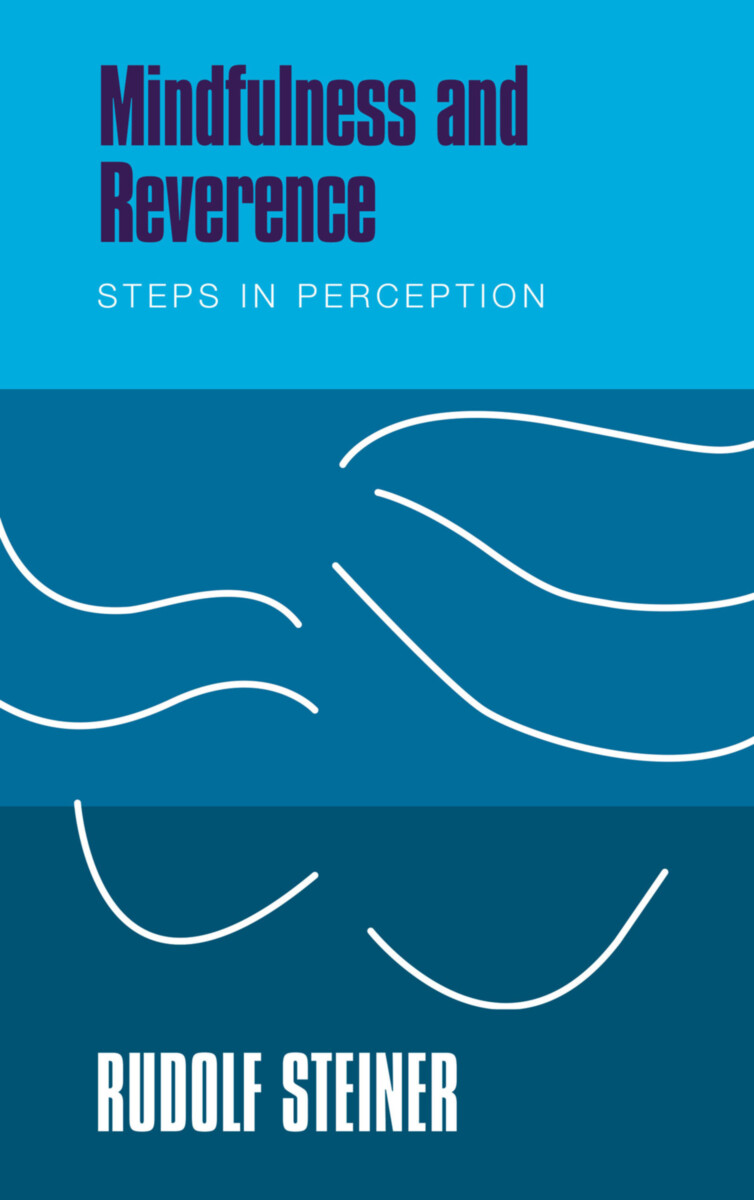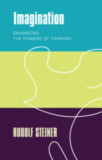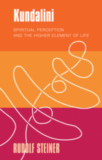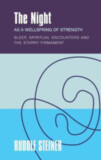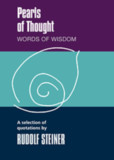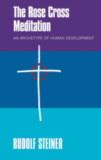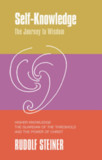Mindfulness and Reverence
Steps in Perception
- Publisher
Rudolf Steiner Press - Published
7th July 2017 - ISBN 9781855845367
- Pages 170 pp.
- Size 5.3" x 8.5"
Selections from various volumes in The Collected Works of Rudolf Steiner
Contemporary interest in the meditative schooling of mindfulness is usually associated with Eastern traditions. Rudolf Steiner spoke of the same phenomenon, although he used the terms “attentiveness” and “dedication”—or, combining these two, “pure perception.” This way of mindfulness and reverence is not in conflict with spiritual paths founded on thinking or pure thought. However, as the texts in this anthology indicate, methods based exclusively on thinking cannot be successful if they are not supported by perception, feeling and will.
In counterbalance to today’s increasing intellectualization, the meditative exercises featured here connect with the perceptive activity of the human being’s sensory organs. They could also be understood as exercises for developing empathy, helping to make our relationship with the world around us more conscious and intense.
Rudolf Steiner’s texts are sensitively edited and arranged by Andreas Neider, whose introduction and notes add further clarity to the theme.
C O N T E N T S:
Introduction by Andreas Neider
1. The Preparation
2. The Light–Soul–Process
3. The Soul Lives in the Senses
4. The Soul Feels in Breathing
5. Enlightenment
6. Pure Perception
7. Intensifying Perception
8. Purifying the Life of Thought and Feeling
9. Conversing with the Goddess Natura
10. Understanding Life as a Process of Breathing
11. Conclusion: Devotion and Love
Sources
Rudolf Steiner
Rudolf Steiner (b. Rudolf Joseph Lorenz Steiner, 1861–1925) was born in the small village of Kraljevec, Austro-Hungarian Empire (now in Croatia), where he grew up. As a young man, he lived in Weimar and Berlin, where he became a well-published scientific, literary, and philosophical scholar, known especially for his work with Goethe’s scientific writings. Steiner termed his spiritual philosophy anthroposophy, meaning “wisdom of the human being.” As an exceptionally developed seer, he based his work on direct knowledge and perception of spiritual dimensions. He initiated a modern, universal “spiritual science” that is accessible to anyone willing to exercise clear and unbiased thinking. From his spiritual investigations, Steiner provided suggestions for the renewal of numerous activities, including education (general and for special needs), agriculture, medicine, economics, architecture, science, philosophy, Christianity, and the arts. There are currently thousands of schools, clinics, farms, and initiatives in other fields that involve practical work based on the principles Steiner developed. His many published works feature his research into the spiritual nature of human beings, the evolution of the world and humanity, and methods for personal development. He wrote some thirty books and delivered more than six thousand lectures throughout much of Europe. In 1924, Steiner founded the General Anthroposophical Society, which today has branches around the world.


